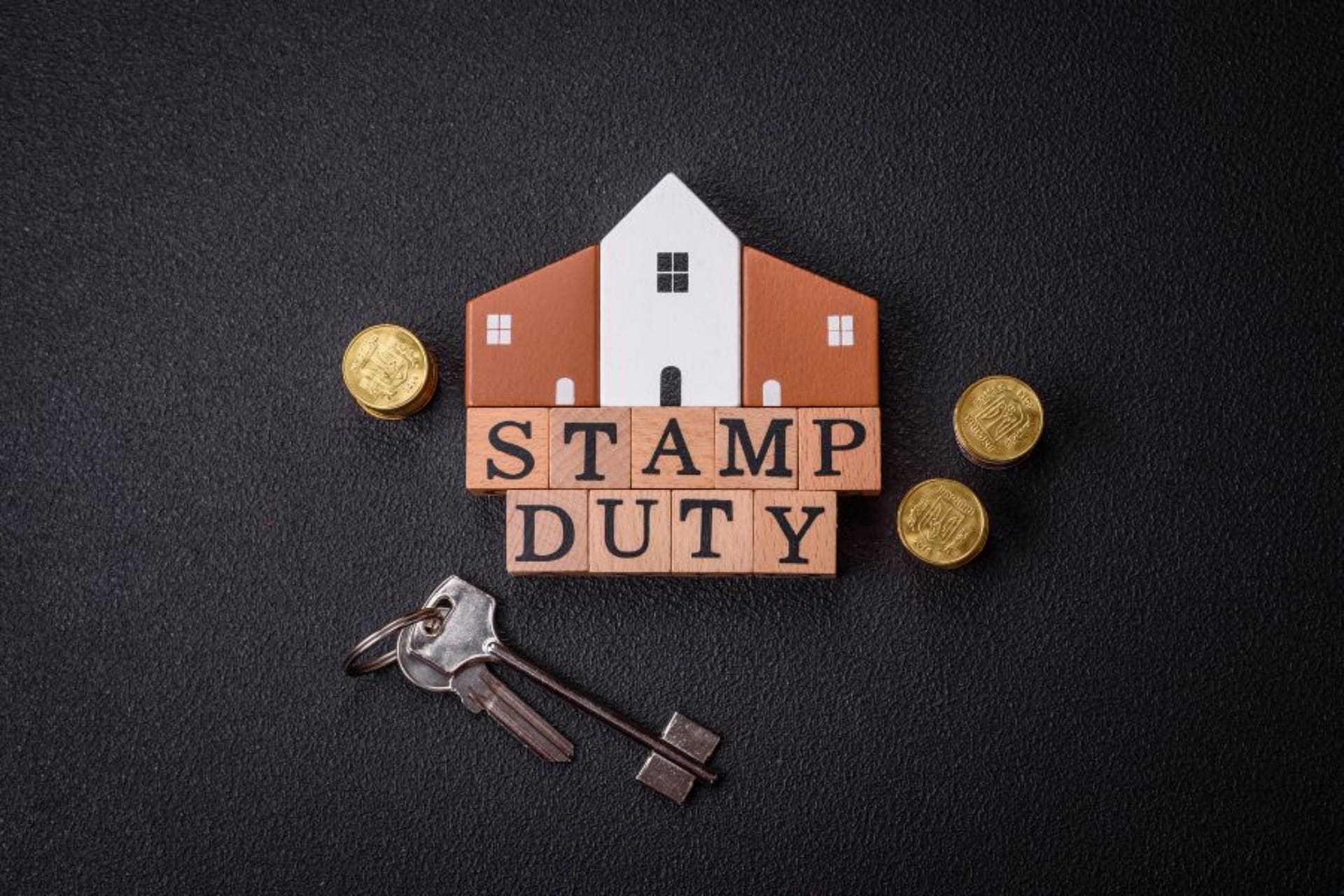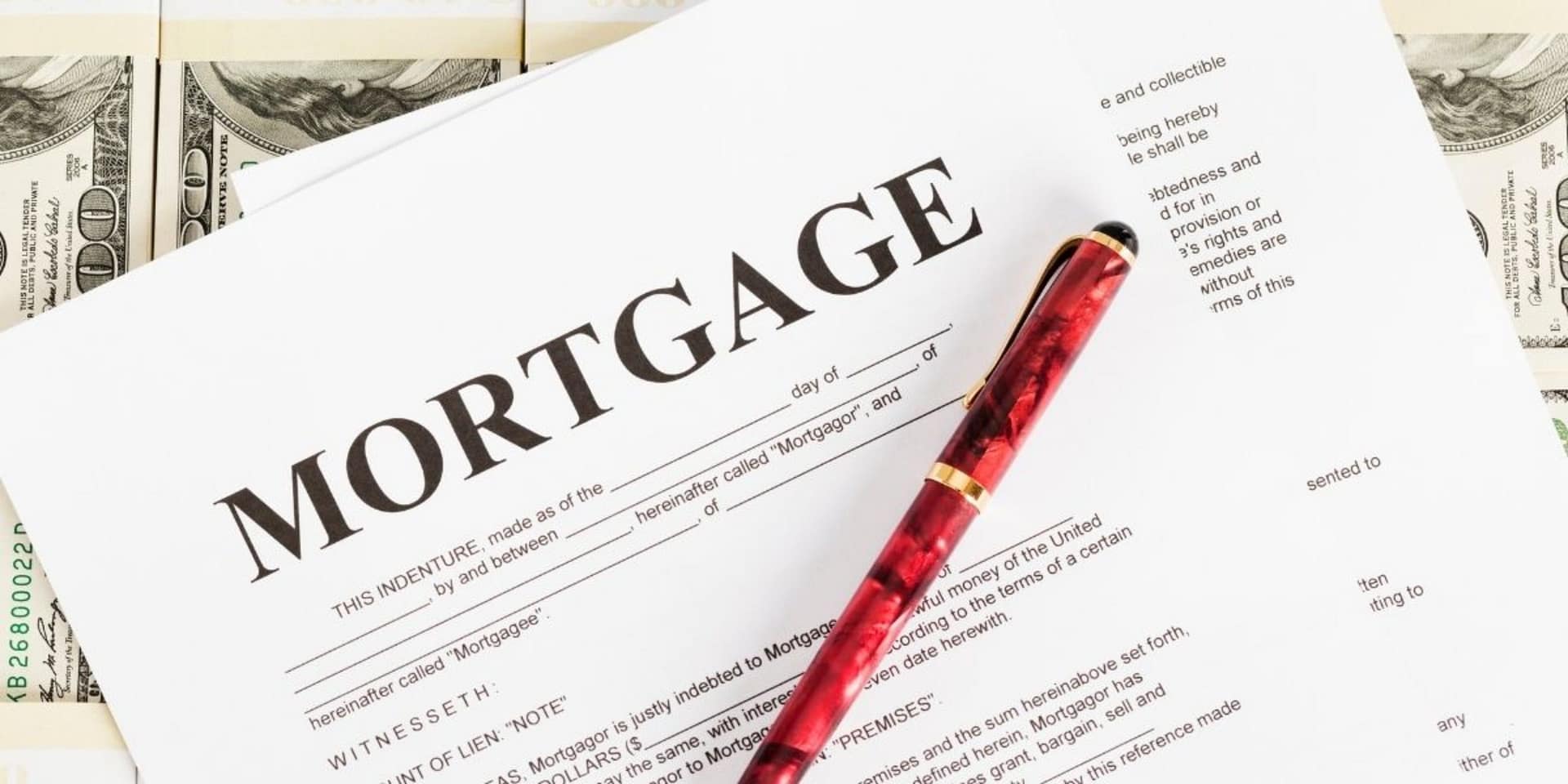Can you buy delinquent property and turn it into a profitable venture?
This question opens the door to a world of opportunities for savvy investors. The short answer to this question is yes.
You can turn a delinquent property into a profitable venture. Delinquent properties, often overlooked, can be hidden treasures in the real estate market.
Let this guide help you find these hidden gems in the real estate market and make them work for you.
We’ll take you through the simple yet exciting process of identifying, purchasing, and transforming delinquent properties into valuable assets.
Get ready to discover how these overlooked opportunities can become your ticket to financial success.
Table of Contents
ToggleWhat is Delinquent Property?
Delinquent property refers to real estate where the owner has failed to pay their property taxes or mortgage payments, leading to overdue debts.
As a result, these properties often face legal actions like tax liens or foreclosure, making them potential targets for investors looking for undervalued real estate opportunities.
Also read: Flipping Property for Profit: A Step-by-Step Guide
Can You Legally Purchase Delinquent Property?
Yes, you can legally purchase delinquent property in Australia. These properties are often sold through public auctions or directly by banks or government entities when the owners fail to pay their mortgages or property taxes.
How Do You Find Delinquent Properties for Sale?
Finding delinquent properties for sale in Australia involves several methods, each requiring research and due diligence:
- Online Property Portals: Websites like realestate.com.au or Domain often list properties under mortgagee possession or foreclosure. These can include delinquent properties.
- Public Notices: Legal notices in newspapers and online publication sites often announce foreclosure auctions and sales of delinquent properties.
- Government and Council Websites: Some local councils and state governments in Australia may list properties for sale due to unpaid taxes or rates.
- Auction Houses: Regularly check with auction houses that specialise in real estate. They often handle the sale of properties repossessed by banks or other financial institutions.
- Real Estate Agents: Contact real estate agents, especially those who specialise in delinquent properties. They can provide valuable insights and access to listings that are not widely advertised.
- Bank and Lender Websites: Banks and financial institutions sometimes list repossessed (bank-owned) properties directly on their websites.
- Network and Word of Mouth: Networking with property investors, attending real estate investment meetings, or joining relevant online forums and social media groups can lead to tips about upcoming sales.
Remember, each Australian state and territory might have different laws and procedures regarding the sale of delinquent properties, so it’s crucial to understand these specifics.
Also, consider consulting with a legal or real estate professional to navigate the complexities of these transactions.
What Are the Steps to Buying a Delinquent Property?
Buying a delinquent property involves a series of steps, which can vary depending on the specific laws and processes in your region.
However, here’s a general outline of the typical steps involved:
- Research and Identify Potential Properties: Start by finding delinquent properties through public records, real estate auctions, online platforms, or through contacts in the real estate industry.
- Conduct Due Diligence: Investigate the property’s history, including outstanding debts, liens, and any legal issues. Check for any structural issues or repairs needed. This step is crucial to understand what you’re buying and any additional costs you may incur.
- Secure Financing: If you’re not purchasing the property with cash, ensure your finances are in order and secure pre-approval for a mortgage or loan. Note that some lenders may be hesitant to finance delinquent properties due to the associated risks.
- Attend Auctions or Make an Offer: If the property is being sold at auction, participate and bid according to your budget. If it’s a direct sale, negotiate and make an offer through the selling party or their agent.
- Winning the Bid or Offer Acceptance: If your bid at auction is successful or your offer is accepted, you will need to pay a deposit and sign a contract to secure the purchase.
- Complete the Legal Process: Work with a solicitor or legal representative to complete the necessary paperwork. This step includes transferring the title and ensuring that all legal requirements are met.
- Settle and Take Possession: Once all legalities are completed and the full payment is made, you can settle the deal and take possession of the property.
- Address Any Outstanding Issues: After the acquisition, you may need to clear any remaining debts or liens on the property and undertake necessary repairs or renovations.
- Develop or Sell the Property: Decide on your strategy for the property—whether to develop it for rental, resell it for a profit, or hold onto it for long-term gains.
Remember, buying delinquent properties can be complex and carries certain risks, so it’s often advisable to consult with real estate experts and legal professionals throughout the process.
Also read: The Dos and Don’ts of Buying Rental Property in Australia
What Are the Risks of Buying Delinquent Property?
Buying delinquent property can offer significant investment opportunities, but it also comes with a range of risks:
- Outstanding Debts: Delinquent properties may have liens or unpaid taxes attached to them. New owners could be responsible for settling these debts.
- Property Condition: These properties can often be poorly maintained or abandoned, leading to potentially costly repairs and renovations.
- Legal Complications: There may be complex legal issues, including unresolved ownership disputes or challenges from previous owners.
- Financial Risk: There’s a risk of overpaying at auctions due to competitive bidding, or underestimating the costs of refurbishment and legal clearance.
- Market Value Uncertainty: Alike all real estate, the market value of the property might not increase as expected, impacting the profitability of the investment.
- Tenant Issues: If the property is occupied, there may be challenges in dealing with existing tenants or evicting them.
- Limited Financing Options: Some lenders are hesitant to finance the purchase of delinquent properties, limiting your options or making financing more expensive.
- Title Issues: There can be uncertainties or disputes regarding the title of the property, which can lead to legal battles.
- Regulatory Compliance: The property may not comply with current zoning or building regulations, requiring additional investment to rectify.
- Time and Resource Intensive: The process of purchasing and renovating delinquent properties can be time-consuming and resource-intensive.
Due to these risks, investors must conduct thorough due diligence, consult with professionals, and carefully assess their risk tolerance and investment strategy when considering delinquent properties.
What Are the Financial Implications of Buying Delinquent Property?
Buying delinquent property comes with several financial implications that buyers should consider:
- Lower Purchase Price: Delinquent properties are often available at lower prices compared to market rates, which can lead to potential savings on the purchase.
- Outstanding Debts: The new owner may be responsible for clearing any existing debts, like unpaid taxes, liens, or mortgages associated with the property.
- Renovation and Repair Costs: These properties often require significant repairs or renovations, which can be a substantial financial commitment.
- Legal and Administrative Fees: The process may involve legal fees, title search costs, and other administrative expenses.
- Financing Challenges: Obtaining financing for delinquent properties can be more challenging, and when available, it might come at a higher interest rate.
- Potential for Profit: If managed correctly, these properties can be resold or rented out for profit after renovation and clearing of legal issues.
- Insurance Costs: Insuring a delinquent property, especially if it’s in poor condition, can be more expensive.
- Resale Value: There’s an opportunity for significant appreciation in value after renovating and resolving legal issues, but this is subject to market conditions.
- Property Taxes: Buyers should account for ongoing property taxes after the purchase.
- Risk of Unexpected Costs: There may be unforeseen expenses related to property conditions, legal hurdles, or market changes.
It’s important for buyers to carefully assess these financial implications, possibly with the assistance of a financial advisor or a real estate professional, including conveyancing for buyers, to ensure a sound investment decision.




